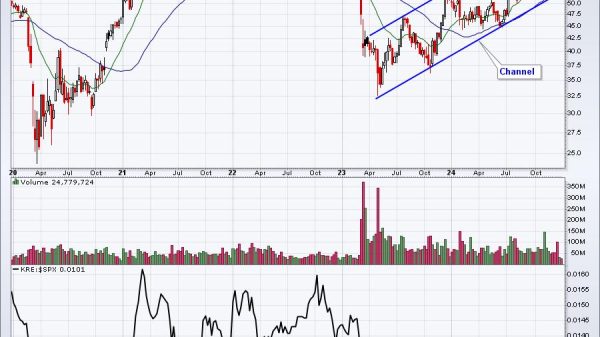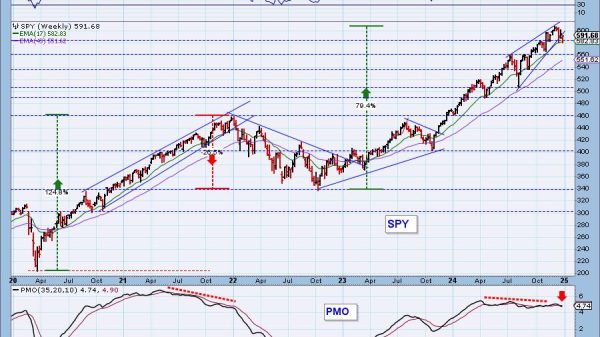Consumer confidence in the UK declined in October, with pessimism about the upcoming Budget outweighing optimism from falling inflation, according to GfK’s latest consumer confidence index.
The index slipped by one point to -21, marking its lowest reading since March and underscoring the challenges the Labour government faces in bolstering economic optimism since coming to power in July.
GfK’s survey results suggest that households are bracing for substantial fiscal changes as Chancellor Rachel Reeves prepares her maiden Budget, expected to include around £40 billion in tax increases. Potential rises include subjecting employers’ pension contributions to National Insurance and capital gains tax hikes, measures that have heightened consumer anxiety.
“As the Budget statement looms, consumers are in a despondent mood despite a fall in the headline rate of inflation,” said Neil Bellamy, GfK’s consumer insights director. The Labour government’s anticipated tax increases and overall fiscal tightening seem to have overshadowed recent improvements in inflation and GDP growth forecasts.
Economic and personal finance worries rise
The general economic situation index, which measures confidence in the economy over the past year, fell by one point to -28. This decline reflects consumer unease about the country’s economic performance despite encouraging signals, such as the International Monetary Fund’s upward revision of UK GDP growth from 0.7% to 1.1% for the year.
Inflation dropped to 1.7% in September from 2.2% in August, its lowest level in three years, raising hopes that the Bank of England will reduce interest rates by 25 basis points in both November and December. Interest rate cuts typically boost consumer confidence as they lower borrowing costs and ease financial pressures.
Consumers cautious with spending but open to future purchases
GfK’s major purchase index, which gauges willingness to make significant purchases, increased by two points to -21, suggesting that demand for big-ticket items like housing and cars could rebound if interest rates fall. In contrast, the savings index rose by four points to +27, indicating that consumers remain cautious with their spending, preferring to save amidst economic uncertainties.
Retail sales have stagnated since the pandemic, with consumers showing a greater inclination to save, according to data from the Office for National Statistics (ONS). However, the positive change in the major purchase index suggests that some households may be preparing to spend if economic conditions improve.
Read more:
Consumer confidence dips ahead of Labour’s first Budget as concerns over tax rises grow
























